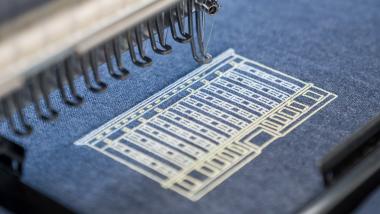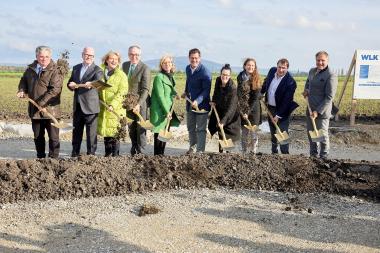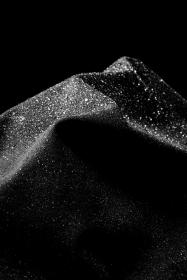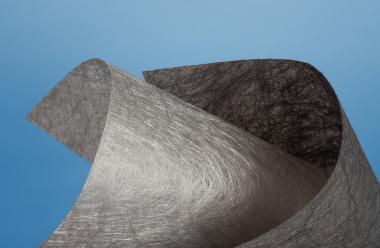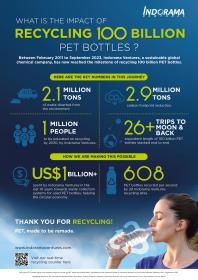H&M and Coloreel: Personalized embroidery in Berlin store
The global fashion retailer H&M has joined forces with Coloreel to introduce a pioneering approach to customized embroidery. This new partnership allows customers at the H&M Alexa store in Berlin to personalize their apparel with a myriad of expressive designs.
The program marks the start of a new and innovative in-store pilot developed by H&Mbeyond. Customers can select from a diverse library of designs that will be updated on a weekly basis.
Coloreel redefines the art of embroidery, offering an unlimited spectrum of colors at the touch of a button. The technology reduces wastewater by 97% and utilizes recycled thread, marking a significant step towards more sustainable production.
“Our partnership with Coloreel reflects our commitment to enhance the shopping experience through innovative solutions,” states Oliver Lange, Head of H&Mbeyond. “By embracing this advanced technology, we can offer our customers a unique and engaging store visit."
With the collaboration, H&M and Coloreel want to explore ways to create brick-and-mortar shopping experiences and analyze the influence that a technology like Coloreel’s has on in-store purchases.
The service is offered at the H&M Alexa store in Berlin during Q4 2023. While the service currently extends to products within the store, plans for embroidering customers’ own garments might be added later. This approach would extend the lifespan of garments, creating a positive environmental impact.
Coloreel


